As technology continues to evolve, businesses face the dual challenge of leveraging cutting-edge IT solutions while minimising their environmental impact. At Collage Systems, we believe that adopting eco-friendly IT practices is not only beneficial for the planet but also advantageous for businesses.
The Importance of Eco-Friendly IT Practices
- Environmental Responsibility: Reducing electronic waste and conserving energy resources help protect our planet.
- Cost Savings: Sustainable practices often lead to reduced energy consumption and lower operating costs.
- Corporate Image: Demonstrating a commitment to sustainability can enhance your company's reputation and attract environmentally conscious customers and partners.
Sustainable IT Practices
- Energy-Efficient Hardware: Opt for Energy Star Certified Devices. Choose computers, servers, and peripherals that are Energy Star certified, as they consume less power without compromising performance.
- Upgrade to Energy-Efficient Power Supplies: Ensure that your power supplies are highly efficient to reduce energy waste.
Virtualisation and Cloud Computing
- Reduce Physical Hardware: Utilise virtualisation technologies to run multiple virtual machines on a single physical server, decreasing the need for additional hardware.
- Leverage Cloud Services: Shift to cloud computing solutions that often operate on more energy-efficient infrastructure compared to traditional on-premises setups.
Implement Power Management
- Automate Power Settings: Configure devices to enter sleep or hibernate mode during periods of inactivity.
- Use Smart Power Strips: Employ smart power strips that can cut off power to devices when they are not in use.
Green Data Centers
- Optimise Cooling Systems: Use advanced cooling techniques, such as free cooling and hot/cold aisle containment, to reduce energy consumption in data centers.
- Utilise Renewable Energy: Power your data centers with renewable energy sources like solar or wind power.
Responsible Procurement
- Choose Sustainable Suppliers: Partner with suppliers who prioritise sustainability and offer eco-friendly products.
- Consider Lifecycle Impact: Evaluate the environmental impact of products throughout their lifecycle, from manufacturing to disposal.
Effective E-Waste Management
E-waste, or electronic waste, refers to discarded electronic devices and components. Improper disposal of e-waste poses significant environmental and health risks due to the presence of hazardous materials such as lead, mercury, and cadmium. To manage e-waste effectively, consider the following strategies:
Implement a Recycling Programme
- Partner with Certified E-Waste Recyclers: Work with certified recyclers, such as Collage Systems who adhere to environmental and safety standards for e-waste disposal.
- Educate Employees: Raise awareness among employees about the importance of recycling e-waste and provide accessible recycling points within your organisation.
Encourage Re-Use and Refurbishment
- Donate Usable Equipment: Donate functional devices to schools, non-profits, or other organisations in need.
- Refurbish and Resell: Refurbish outdated equipment and sell it as certified pre-owned to extend its lifespan and reduce waste.
- Visit our social media platforms, where we regularly advertise quality refurbished products.
Data Destruction
Ensure Secure Data Wiping: Before disposing of or donating any electronic devices, ensure that all data is securely erased to protect sensitive information.
Use Professional Services: Consider using professional data destruction services that guarantee complete data removal and provide certification.
Adopt Take-Back Programmes
- Participate in Manufacturer Take-Back Programmes: Many manufacturers offer take-back programmes where they accept old devices for recycling or refurbishment.
- Organise Collection Events: Host e-waste collection events within your community to encourage responsible disposal of electronic devices.
Collage Systems: Responsible Disposal, Sustainable Future
Embracing eco-friendly IT practices and effective e-waste management is not only a responsibility but also an opportunity for businesses to contribute to a sustainable future.
By implementing energy-efficient technologies, optimising data center operations, and ensuring responsible disposal of electronic waste, your business can significantly reduce its environmental footprint.
Our commitment to the environment extends to our e-waste solutions. Collage Systems ensures responsible disposal of outdated or unusable IT equipment. We follow environmentally friendly practices to protect our planet and contribute to a sustainable future.


